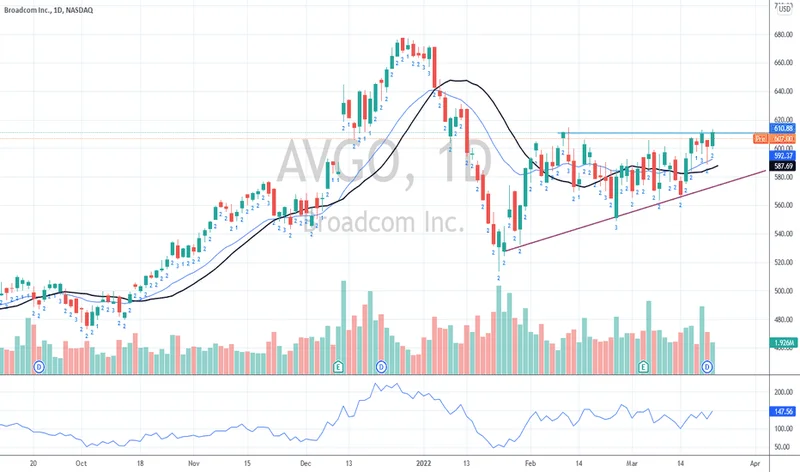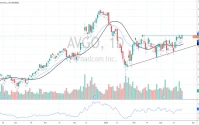Broadcom's Quantum Leap: Is It Really a Fortress?
Broadcom (AVGO) is making headlines with its new Brocade Gen 8 Fibre Channel platforms, touting "quantum-safe" security. But let's dissect that claim, shall we? The press release is heavy on buzzwords – "quantum era threats," "AI-powered autonomy" – but light on quantifiable specifics.
The core of their argument rests on quantum-resistant 256-bit encryption and post-quantum cryptography (PQC) algorithms. Sounds impressive, right? But here's the thing: PQC is still largely theoretical. These algorithms should be resistant to quantum computers, but they haven't faced real-world quantum attacks. It's like saying a building is earthquake-proof because the blueprints look good.
The Security Theater
The release also mentions "minimizing the attack surface" and "strong access controls." These are standard security practices, not quantum-specific innovations. (Every vendor claims this, and yet breaches still happen.) Are these genuinely novel implementations, or just marketing spin layered on top of existing tech? The data is scarce, and that's a red flag.
Broadcom isn't alone in this. We're seeing a wave of "quantum-safe" products hitting the market, and it's hard to separate genuine advancements from marketing hype. Every vendor wants a piece of the quantum security pie, but few are offering concrete, verifiable proof.
The claim of "AI-powered autonomy" for SAN management also raises eyebrows. The Brocade Adaptive Traffic Optimizer is supposed to "learn and adapt" to changing application demands. But how? What's the algorithm? What data is it trained on? (I've seen these "AI" features before, and they're often just glorified rule-based systems.) The press release offers vague descriptions, not technical specifications.

Let's talk numbers. The Brocade X8 Director boasts up to 384 128G ports. That's a lot of bandwidth, no doubt. But bandwidth alone doesn't equal security. A fast highway is useless if the cars are filled with criminals. The G820 switch offers 56 128G ports in a 1U form factor. Again, impressive density, but it doesn't address the fundamental question of quantum vulnerability.
And this is the part of the report that I find genuinely puzzling. Broadcom is touting these platforms as essential for "enterprise AI applications." But AI itself is a massive security risk. AI models can be poisoned, data can be exfiltrated, and algorithms can be reverse-engineered. (The irony of using AI to "secure" AI is not lost on me.) Are these new Brocade platforms actually increasing the overall attack surface by facilitating more AI deployments?
The press release quotes a string of industry executives praising the new platforms. Of course they do. They're partners. They have a vested interest in promoting the product. I'd be more interested in seeing independent security audits, penetration testing results, and quantifiable data on quantum resistance.
Parsing Analyst Sentiment
Citi analyst Christopher Danely recently highlighted AMD (AMD) as his top pick in the chip sector, citing strong earnings growth and investor confidence. He noted that Broadcom is "still widely owned," but some investors want more clarity on future growth, particularly regarding TPU (Tensor Processing Unit) chips. (A valid concern, given the competitive landscape.) The Fidelity lawsuit concerning VMware access (mentioned in another report) adds another layer of uncertainty.
Broadcom's stock price took a hit recently, trading around $337 per share, down roughly 1.5%. This pullback is attributed to broader AI/tech sell-offs and concerns about lofty valuations. (A healthy dose of skepticism is always warranted in a frothy market.) The technical outlook has turned bearish, with support around $324.50 and resistance near $359.40.
Quantum Hype, Not Quantum Fortress
Broadcom's new platforms offer incremental improvements in speed and capacity, but the "quantum-safe" claim needs more scrutiny. Until we see verifiable data and independent validation, it's just another marketing buzzword in a noisy industry.










